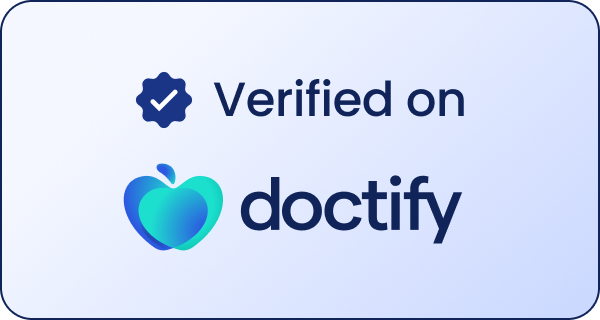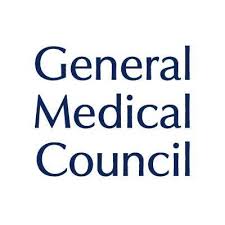What is panic disorder?
Panic disorder is a type of anxiety condition where a child or teenager experiences sudden, intense episodes of fear known as panic attacks. These episodes often occur without warning and can feel frightening and overwhelming – both for the child and their family. Panic attacks may be mistaken for a physical health issue, as they can cause strong bodily sensations. If panic attacks become frequent or start affecting a child’s ability to go to school, see friends, or take part in daily activities, professional support is important.



